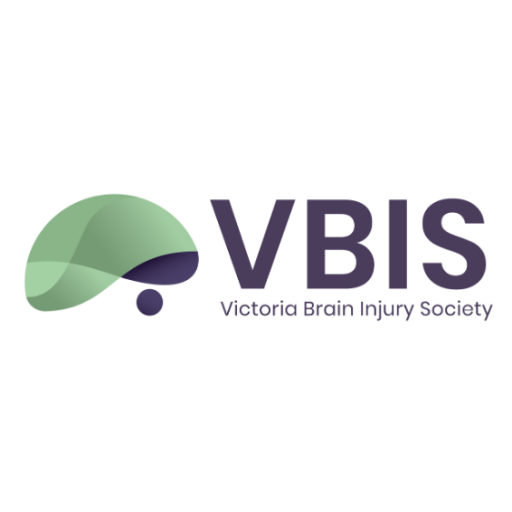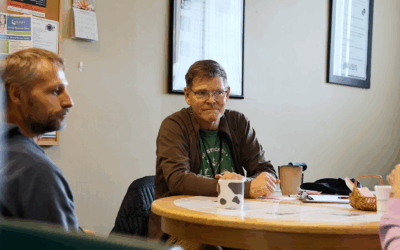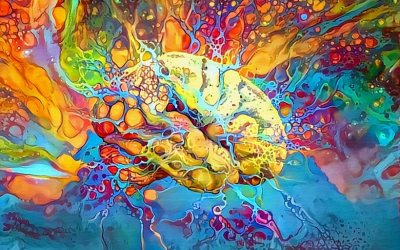By Darian Colpitts
Seeking help and support after experiencing a brain injury can be an overwhelming experience, especially if you do not know what you are looking for in your specific needs and goals. You may have never heard of some of these care providers that exist in Victoria or may not understand how they can help you. Since brain injuries affect everyone differently, the type of care you might be looking for could be vastly different than someone else with a brain injury.
The Victoria Brain Injury Society is an amazing first step and is committed to helping you navigate resources for your care.
(Image from Cotton Bro Studio via Pexels)
Case Managers:
Case managers are available at the Victoria Brain Injury Society and are one of our greatest assets. They can provide one-on-one support and work with you to help you access other resources, accommodations at work or school, educate you and your family about brain injury, advocate for your needs, and ensure your well being through regular check-ins. They can also help you understand how the care providers listed below apply to your specific needs and help you reach out to local practitioners.
Occupational Therapist:
Occupational therapists help people adapt to doing everyday things that are important for them and contribute to their wellbeing such as eating, getting dressed, engaging in hobbies, attending work or school, and community engagement. They assess each individual differently to determine specific goals for their clients. They may do home or work assessments to determine how a client can adapt to those settings as well.
Physiatrist:
A physiatrist is a medical doctor who is trained to treat a variety of conditions that affect movement and the nervous system. They can create rehabilitation plans, conduct diagnoses, and prescribe medication or other treatments for pain due to injury. They may work in clinics or in hospitals within a neurorehabilitation program. They require a referral from a general practitioner.
Neuro-optometry/neuro-ophthalmology:
If a brain injury affects vision or eye movement, a neuro-optometrist or neuro-ophthalmologist can help. They can help treat symptoms such as blurry vision, light sensitivity, coordination, focusing problems, and more. They help clients retrain visual processing through exercises, digital aids, and special lenses.
Kinesiologists:
Kinesiologists help clients develop treatment plans that incorporate movement as a way to improve range of motion, gain strength, and reduce pain. They tailor their treatments to their clients abilities and help them improve the way they move their body to prevent further injury.
Physiotherapists:
Physiotherapists are similar to kinesiologists in that they both focus on a body’s movement, however physiotherapists are trained to restore physical function after an injury as opposed to optimizing movement and injury prevention. Physiotherapists are able to diagnose injuries and treat them accordingly.
Speech-Language Therapists:
Speech language therapists can treat a variety of problems that may arise after a brain injury such as swallowing, feeding, aphasia or difficulties with language, apraxia of speech, voice, speech flow or fluency, and cognitive skills.
Counsellors:
Counsellors can help navigate emotional changes and struggles with mental health after a brain injury. They may help clients develop coping skills to adapt to this life change, and can work with families to ensure the best mental well-being for their clients.
Psychologist:
Similar to counsellors, psychologists focus on treating their patients mental health needs, however they have additional training that allow them to diagnose mental health conditions. Some have specific training for brain injury and are called neuropsychologists. Neuropsychologists can evaluate patients after a brain injury to assess their symptoms and develop a plan to treat those symptoms.



